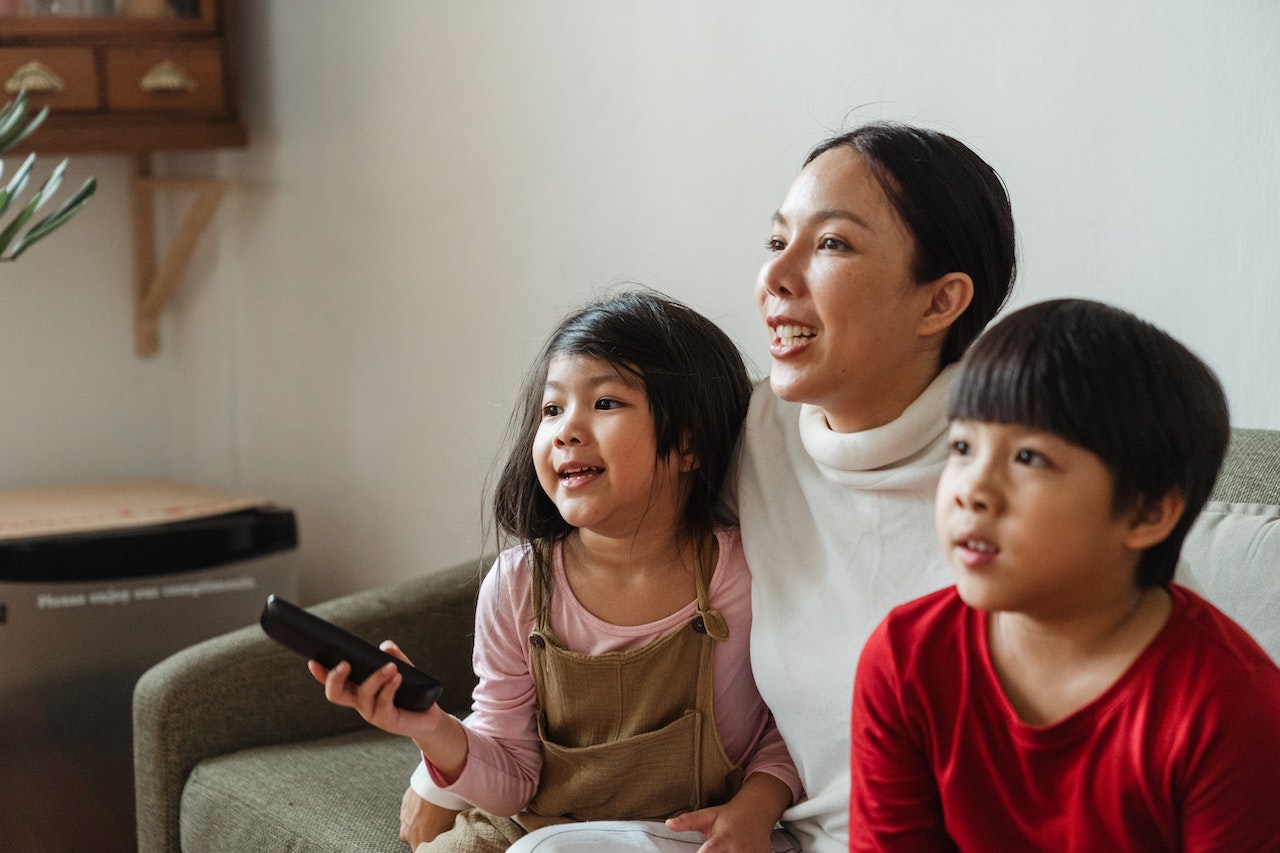The Influence of Parental Control Television Shows on Children’s Behavior: A Comprehensive Review
The Influence of Parental Control Television Shows on Children’s Behavior: A Comprehensive Review is an important study that examines the effects of television shows with parental control content on children’s behavior. The review looks at a variety of studies conducted over the past decade to determine how these types of programs influence children’s attitudes and behaviors. It also considers the potential benefits and risks associated with viewing such programming.
The review found that parental control television shows can have both positive and negative impacts on children’s behavior. On one hand, it can help promote positive values such as respect for authority, self-control, and empathy. On the other hand, it can lead to increased aggression, desensitization to violence, and decreased attention span. The review also suggests that parents should be aware of the potential risks associated with watching these types of programs and take steps to ensure their child is not exposed to inappropriate content or messages. Ultimately, this comprehensive review provides valuable insight into how parental control television shows may affect children’s behavior.
Examining the Effectiveness of Parental Control Television Programs in Shaping Children’s Viewing Habits
Parental control television programs are designed to help parents monitor and limit the amount of time their children spend watching television. These programs allow parents to set limits on what type of content their children can watch, as well as how much time they can spend viewing it. By using these tools, parents can ensure that their children are not exposed to inappropriate or violent content, while still allowing them access to educational programming.
Research has shown that parental control television programs can be effective in shaping children’s viewing habits. Studies have found that when parents use these tools, their children tend to watch less television overall and are more likely to choose educational programming over other types of content. Additionally, research suggests that parental control television programs may also reduce the amount of time spent watching violent or inappropriate content by young viewers. Ultimately, these findings suggest that parental control television programs can be an effective tool for helping parents shape their children’s viewing habits in a positive way.
The Role of Parental Control Television Shows in Promoting Responsible Media Consumption among Children
The role of parental control television shows in promoting responsible media consumption among children is an important one. These types of programs provide parents with the tools they need to help their children make informed decisions about what they watch and how much time they spend watching it. By providing educational content, these shows can help children understand the importance of making healthy choices when it comes to media consumption. Additionally, these programs can also serve as a platform for parents to discuss topics such as cyberbullying, online safety, and other issues related to media use.
In addition to providing educational content, parental control television shows can also be used as a tool for teaching children about responsible media consumption. Through interactive activities and games, these programs can help kids learn how to manage their screen time and develop healthy habits when it comes to using technology. Furthermore, by featuring positive role models on the show, parents can encourage their children to emulate those behaviors in real life. Ultimately, parental control television shows are an effective way for parents to promote responsible media consumption among their children.
Analyzing the Long-term Effects of Parental Control Television Programs on Children’s Cognitive Development
Parental control television programs are designed to help parents monitor and limit the amount of time their children spend watching television. These programs can be beneficial in helping children develop healthy habits when it comes to media consumption, but they may also have long-term effects on a child’s cognitive development. Research has shown that parental control television programs can lead to decreased attention spans, increased aggression, and difficulty with problem solving.
In addition, research suggests that parental control television programs can have an impact on a child’s language development. Studies have found that children who watch more than two hours of television per day are less likely to understand complex language concepts such as metaphors and analogies. Furthermore, these same children tend to score lower on tests measuring verbal fluency and vocabulary knowledge. Therefore, it is important for parents to consider the potential long-term effects of parental control television programs before implementing them in their households.
Exploring the Controversies Surrounding Parental Control Television Shows: Are They Effective or Harmful?
Parental control television shows have been a source of controversy for many years. These shows feature parents who take extreme measures to monitor and control their children’s behavior, often with the help of technology. While some argue that these shows are effective in teaching children about responsible behavior, others believe they can be harmful by promoting an unhealthy level of parental control.
The debate surrounding parental control television shows is complex and multifaceted. On one hand, proponents argue that these programs can be beneficial in teaching children how to make responsible decisions and develop healthy relationships with their parents. On the other hand, opponents point out that these shows may encourage an excessive level of parental control which could lead to feelings of resentment or even rebellion among young viewers. Ultimately, it is up to parents to decide whether or not these types of programs are appropriate for their family.
